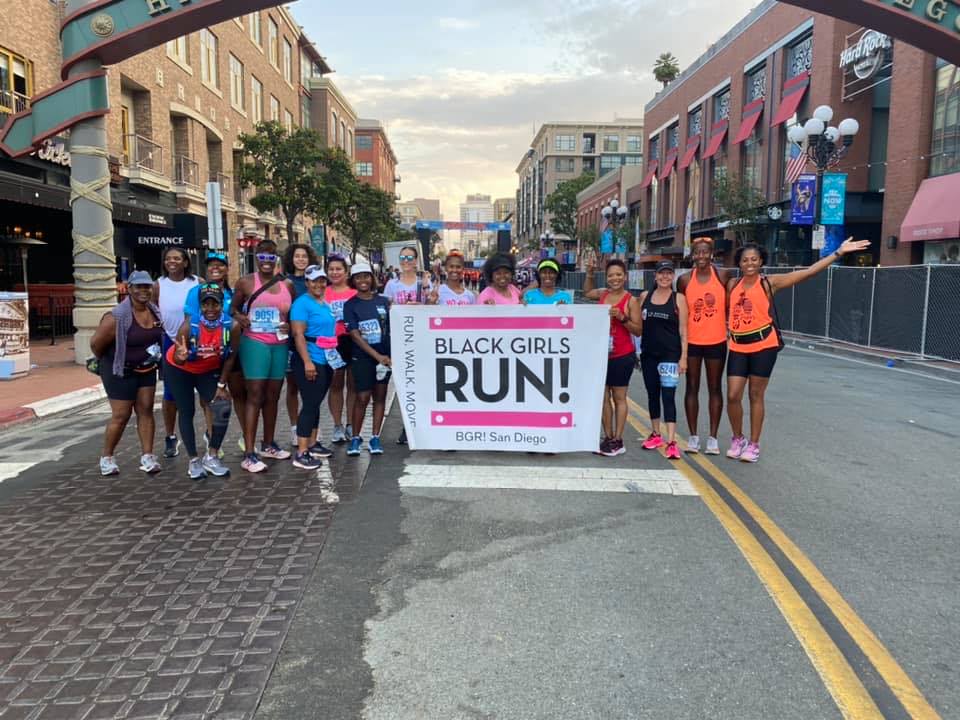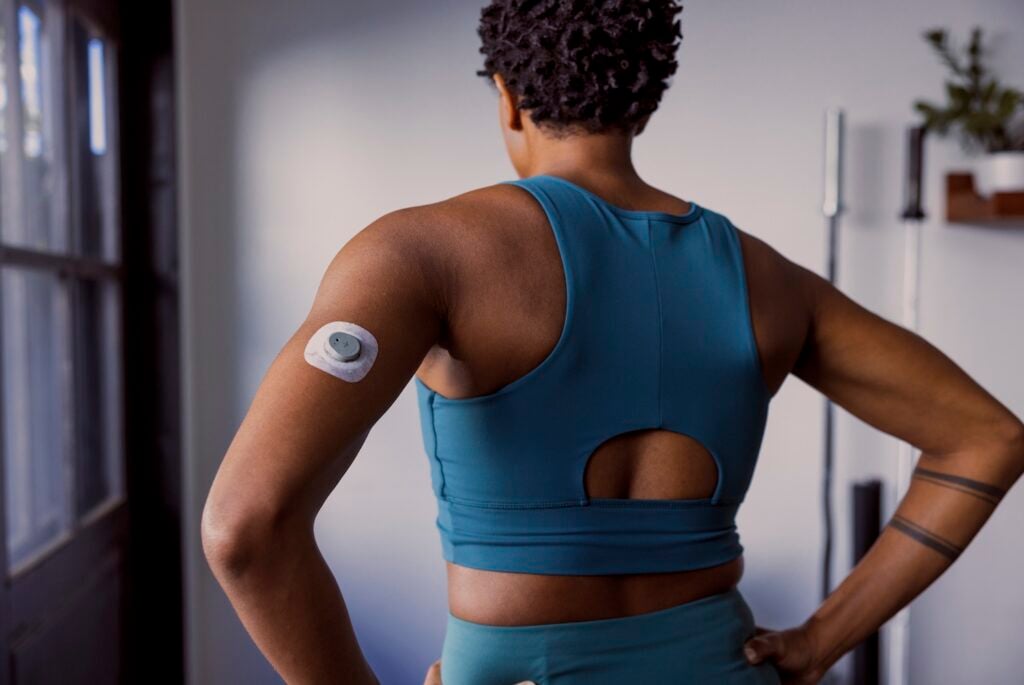Shuttered Costa Verde Center slated to be razed early next year
The owner of the Costa Verde Center just opposite Westfield UTC is, following the removal of a commercial land-use restriction, now preparing to raze the shuttered strip mall in the coming months to eventually make way for an urban village-style neighborhood with thousands of residences alongside ground-floor shops and eateries.
On Tuesday, San Diego City Council members voted unanimously to remove the 13-acre property from the Costa Verde Specific Plan, which governs what can be built on the site, and to approve a new map that divides the property into 13 different parcels.
The actions pave the way for local owner-developer Cass Street Venture LLC to move forward with demolition, which the firm said will ideally begin in the first three months of 2026 and take around 18 months to complete given the complexity of the task.
“We spent a lot of time working with all of our neighbors, and that was a very positive action for us, and it informed our strategy and our success to get to this point, with the approval (on Tuesday). It comes down to us … getting the site ready to advance the community’s vision in the (University) Community Plan Update,” Cass Street executive Michael Yanicelli told the Union-Tribune. “The next steps are for us to clean up the site. We still have several years of work to do before there’s a vertical product.”
The developer is still working to fill in the blanks on a master plan for the entire site.
In the interim, Cass Street anticipates spending $25 million to ready the property for a phased, block-by-block redevelopment. The site work — demolition, grading, utility installation and other infrastructure work — is costly and extensive because the vacant mall’s buildings are propped up by the center’s underground parking structure, Yanicelli said.

Built in 1989, Costa Verde Center was a 178,000-square-foot neighborhood shopping center anchored by Bristol Farms. The center is at the terminus of the UC San Diego Blue Line, where an elevated platform also connects to Westfield UTC on the east side of Genesee Avenue.
The property, sandwiched between La Jolla Village Drive and Nobel Drive, has been mostly fenced off from public access since mid-2022 ahead of a scuttled redevelopment plan that focused on life science. Only the McDonald’s and Chevron on Nobel Drive remain open.
In January, GM Residential Partners LLC purchased the shuttered shopping center at 8610 Genesee Ave. for $124 million from life science developer Alexandria Real Estate Equities. GM Residential is a limited liability company affiliated with London-based real estate investment and management firm Global Mutual. The entity includes San Diego-based Cass Street Venture LLC.
The purchase was prompted by the newly adopted University Community Plan Update, which designates the Costa Verde Center property as a mixed-use, urban-village site, allowing up to 218 residential units per acre alongside office and retail uses.
The site, however, has been subject to what’s known as the Costa Verde Specific Plan. The land-use plan, adopted in 1986, covers a wider area and designates the vacant mall site as a commercial center with neighborhood and community-serving shops, including a grocery store. The land-use plan also prohibits residential use on the mall site.
Tuesday’s council action amends the specific plan, removing Costa Verde Center in its entirely. The change allows for future development according to the underlying zone, which is a residential-focused, mixed-use zone.
“This has been a site that, for the last five years, everyone has asked what is going to happen to it, because it has sat there fairly quiet. And there’s been a lot of desires from some of the neighbors to see the site demolished finally, and to see at least some effort to move forward,” Councilmember Kent Lee said at Tuesday’s meeting. “This is the first step that allows that, while also allowing any future potential development to align with the updated University Community Plan.”
The council members also approved a new site map, which divides the property into 13 blocks that range from one-half acre to 1.5 acres in size. In addition, the map introduces a private street that bisects the site, extending south from Esplanade Court to connect to Costa Verde Boulevard.
The map is the framework for a still-in-progress plan that the Cass Street team is not ready to talk about in detail.

At a high level, the developer wants to build a walkable neighborhood where a pedestrian-friendly main street connects people to residential or office buildings, with one building per block. Each building will have ground-floor shops and restaurants and its own parking structure. A pedestrian promenade will also extend from the trolley platform through the property and connect to the park and residential properties just west of the site.
The developer has said previously that it will improve access to the property and build off-site upgrades by incorporating bike lanes, adding public plazas, expanding and enlivening sidewalks, planting trees and containing parking in structures or short-term surface spaces along the main street. Some of the improvements are reflected in the new map and three easements that were also approved by council.
Cass Street said that it will do all of the planning work, and will likely redevelop some of the blocks over a to-be-determined time frame based on market demand. The firm expects to bring in development partners and even sell off some of the blocks to recoup costs.
“We’re the master developer. We have years of work in front of us to get this ready,” Yanicelli said. “We can’t really pretend to know what the market’s going to look like by the time we’re done (with demolition).”
At Tuesday’s council meeting, the University Community Planning Group, bike- and transit-advocacy group Circulate San Diego, and a neighboring senior living community all expressed support for the proposed actions. No one spoke in opposition.
Categories
Recent Posts












